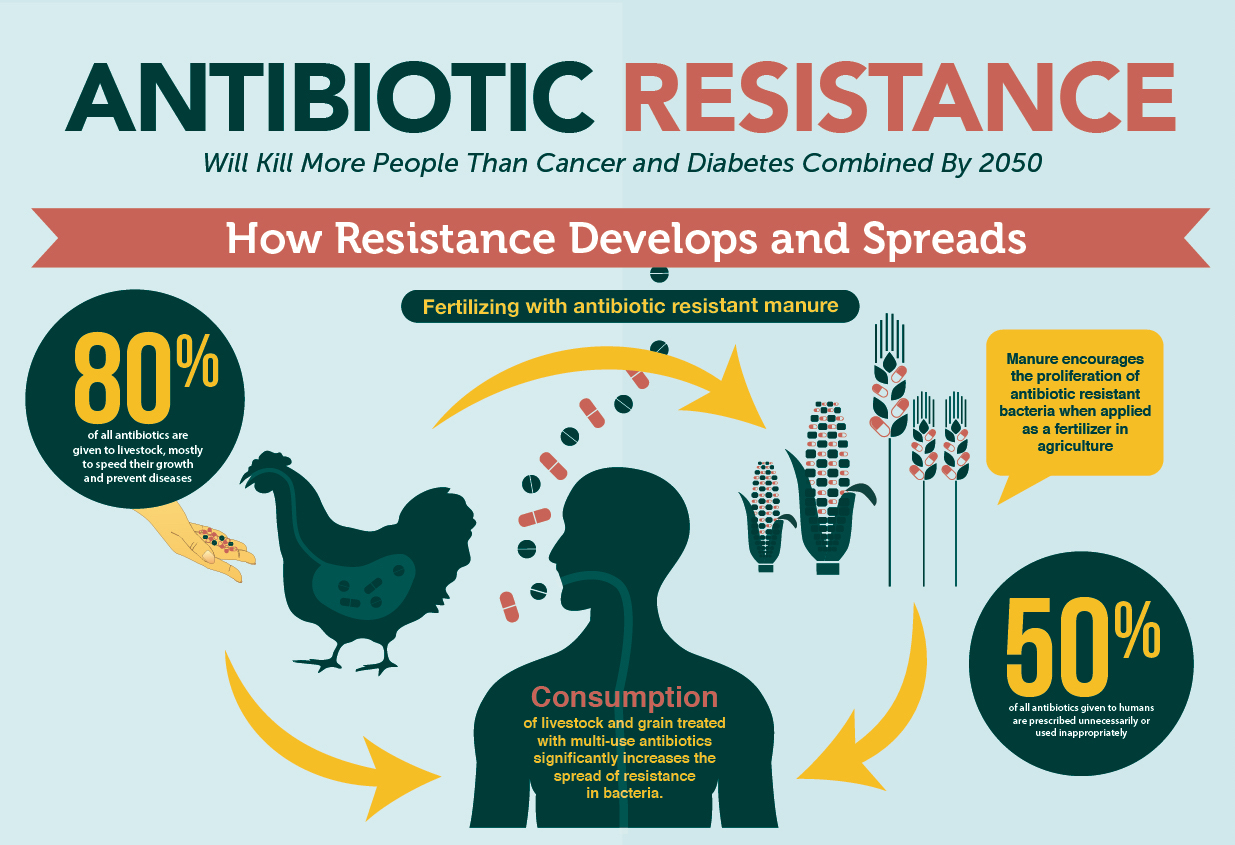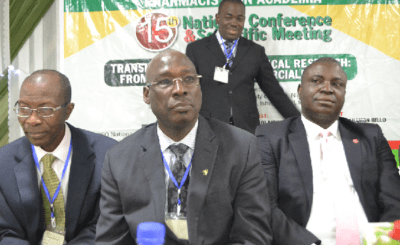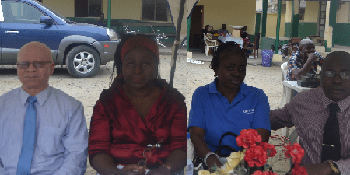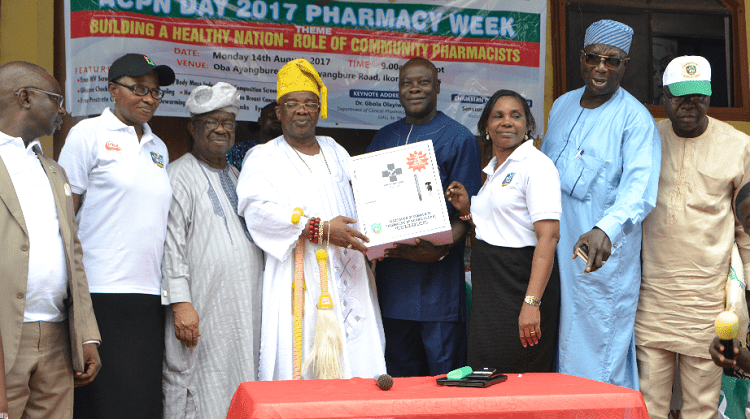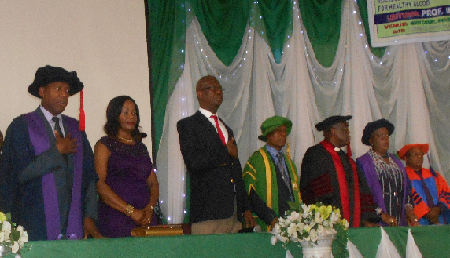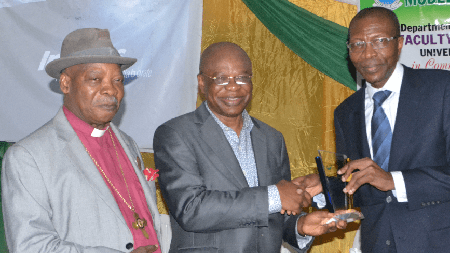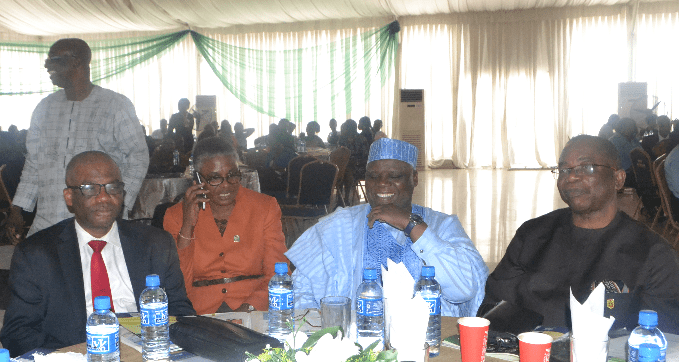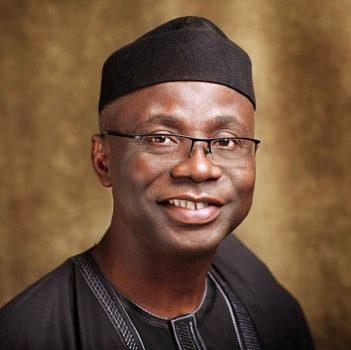-As NANNM Holds 2017 Nurses Week
Unless Nigerian nurses are adequately provided with resources for education, research and clinical practices at various levels of care, the attaining of the health components of the Sustainable Development Goals (SDGs) will be a mirage in the country, Professor Joseph Aina of Babcock University has said.
Aina, who was the keynote speaker at the 2017 Lagos Nurses Week, acknowledged the laudability of the SDGs, but noted with concern that if nurses, who occupy a central position between doctors and patients are not well equipped and involved, the whole essence of the SDGs will be jeopardised, because the better the education of nurses, the better patients healthcare outcomes.

Speaking on the topic: “Nurses, a voice to lead in achieving the SDGs”, the nursing professor highlighted the health components of the SDGs, which include: reduction of maternal mortality by 70 percent; reduction in under 5 mortality to as low as 25 percent per 1000 live births; reduction of mortality from non-communicable diseases by one-third; reduction in road accidents; and access to sexual and reproductive health, all by 2030.Stressing the key roles nurses play in achieving these goals, Aina condemned the common portrayal of nurses, especially in movies, as being incapable of attending to any patient in the absence of a doctor, saying this is a wrong notion, because nurses can actually do a lot, even without the doctor.
He further described the relationship between nurses and physicians as a symbiosis, adding that they are partners, who need the services of one another to succeed, thus the issue of supremacy does not arise. The Babcock don further urged nurses to be strategic, aim higher, show interest in politics, reflect on dealings with patients, be abreast of recent developments, be assertive, and jettison habits that can prevent the achievement of the SDGs.

The Lagos State Governor, Akinwunmi Ambode, represented by his Special Adviser on Primary Healthcare, Dr Femi Onanuga, commended the Lagos State National Association of Nigeria Nurses and Midwives (NANNM) for organising the scientific gathering, stating that healthcare is central to development, and nursing is a profession that requires lifetime sacrifice, compassion and dedication to be successful.
He assured nurses of the commitment of the state government to healthcare, and particularly to nursing, urging them to strive to give their best at all times for the progress of healthcare delivery in the state.
Lagos NANNM Chairman, Comrade Olurotimi Julius Awojide, expressed his pleasure to have all his colleagues celebrating the 2017 Nurses’ Week together, more so, as it was the first to be held at the Nurses’ House, on Amara Olu Street, Agidingbi, Ikeja Lagos.
He appreciated the financial support of all the members towards the completion of the building, while also thanking the Lagos State government for its continuous support to nurses’ cause in the state.
He however appealed to the government to urgently pass the bill for a law to establish the Lagos State College of Nursing (School of Nursing, Midwifery and Public Health) and other connected matters.
In his words: “I want to call the attention of His Excellency to the plight of our members who have complied with the directive for performance improvement and have undergone training through self effort but were caught in a web, when a particular purportedly stopping retrospective approval was released in 2012. They had commenced the training before the said circular came out.”
He thus pleaded with the state government to come to their aid as it concerns their uniform allowances as enshrined by Public Service Rule 150134: implementation of one-year mandatory community service for graduate nurses in the state, and others.
In her contribution, the Local Organising Committee Chairman, Comrade Adeola Morolake, cited shortage of nurses as a major challenge to qualitative nursing care in the state, urging the government to do all it could to beef up manpower in this area for best patients outcome.



















